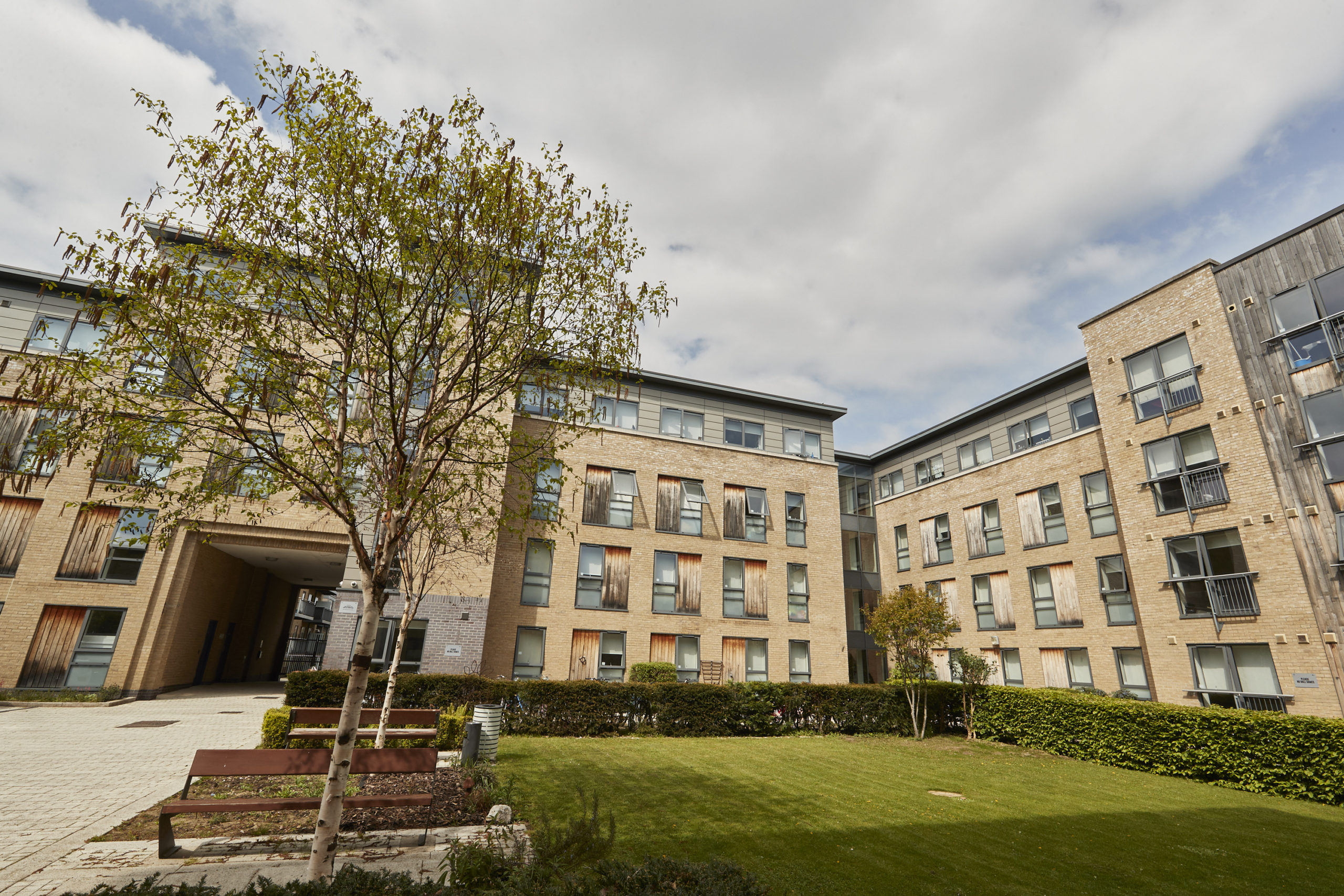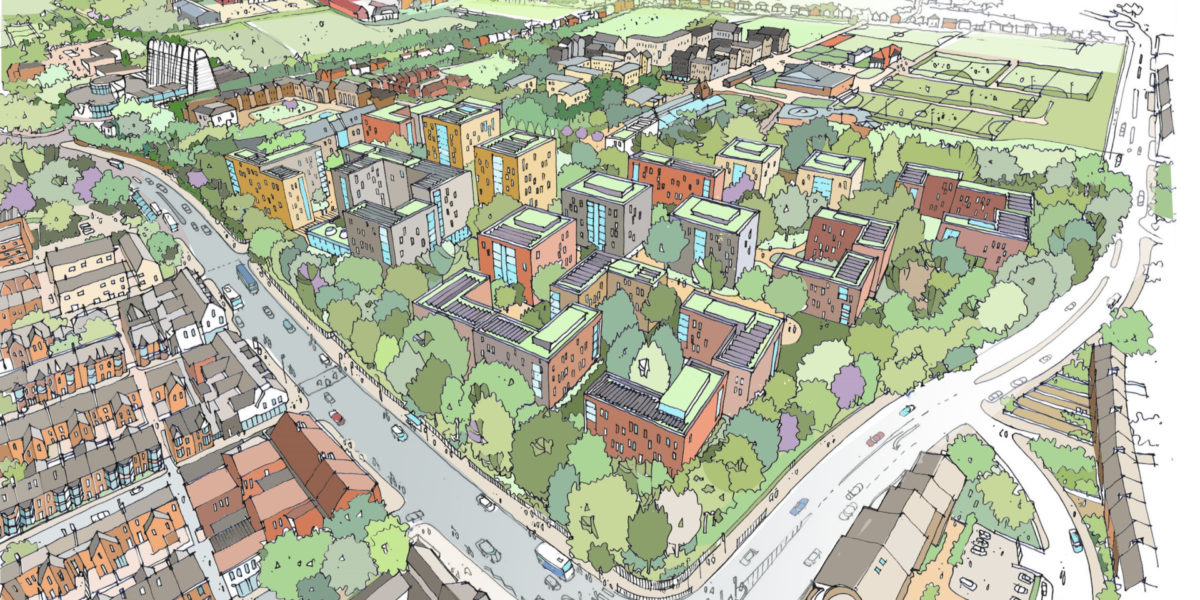
Student mental health is a growing concern, with universities and accommodation providers increasingly recognising the need for supportive environments. The demands of academic life, combined with personal pressures and, in many cases, living away from home for the first time, make students particularly vulnerable to stress and mental health challenges. In response, both universities and student accommodation providers must ensure their properties foster environments conducive to mental health and wellbeing.
This blog will explore five key strategies that universities and student accommodation providers can implement to enhance mental health and wellbeing, demonstrating how thoughtful property management can make a real difference.
- Biophilic Design
Biophilic design, which integrates natural elements such as plants, natural lighting, and outdoor spaces, has been shown to significantly reduce stress and improve mental wellbeing [1]. Studies show that access to nature can lower cortisol levels and foster a sense of calm and relaxation [2]. Student accommodation providers can enhance living spaces by incorporating greenery into indoor areas, using natural materials in interior designs, and ensuring plenty of natural light in both private and communal areas. Outdoor spaces, such as gardens or terraces, can also provide students with peaceful retreats, promoting relaxation and stress relief.
- Ensuring Safety and Security
A sense of security is fundamental to student wellbeing. Students who feel safe in their accommodation are better able to focus on their studies, socialise, and sleep well [3]. Property managers can implement security measures such as secure access systems, 24/7 security personnel, and CCTV monitoring to provide peace of mind. Feeling secure in their living environment helps reduce anxiety, a key factor in promoting positive mental health. This proactive approach to safety demonstrates a commitment to the students’ holistic wellbeing, enabling them to thrive academically and personally.
- Creating Social Spaces to Combat Isolation
Loneliness is a common issue among students, particularly for those living away from home for the first time. Research by Student Minds UK shows that students who feel connected to their peers are less likely to experience loneliness, which can significantly improve mental health [4]. Student accommodation providers and universities can address this by creating inclusive social spaces that foster interaction. Common areas like lounges, kitchens, or study zones should be designed to encourage socialising and community building, offering students opportunities to connect, share experiences, and build support networks.
- Access to Mental Health Resources
Student accommodation providers can enhance their property management approach by making mental health resources easily accessible to residents. Collaborating with universities to offer on-site mental health services, or even providing online tools and workshops, ensures students have the support they need [5]. Simple initiatives like signposting resources for managing stress, anxiety, and other mental health concerns can make a significant difference. Regular wellness events, mindfulness workshops, or fitness sessions can be integrated into the property’s community initiatives, offering students ways to cope with stress in supportive environments.
- Sustainability: Promoting Healthy Living
Sustainable property management practices contribute to healthier living environments, which in turn benefit student wellbeing [6]. Improved air quality, energy-efficient buildings, and reduced environmental impact create healthier spaces for students to live and study. Sustainability isn’t just about environmental benefits; it fosters a positive sense of purpose, which is increasingly important to today’s students [7]. Property managers should look to sustainable innovations that align with student values, such as eco-friendly buildings, energy-efficient lighting, and recycling programs.
Conclusion: Holistic Property Management for Mental Health
Universities and student accommodation providers are in a unique position to create environments that support not just academic success, but the mental wellbeing of their students. By integrating biophilic design, prioritising safety, fostering social connections, providing mental health resources, and promoting sustainability, property managers can offer living spaces that actively contribute to a healthier student experience.
At Derwent FM, we provide high-quality, student-focused accommodation that integrates these principles to enhance wellbeing. Our commitment to safe, sustainable, and supportive environments makes a real difference in the lives of students.
Sources:
- International Journal of Environmental Research and Public Health – Impact of biophilic design on stress and well-being.
- The Guardian – Biophilic design benefits in modern architecture.
- Knight Frank Report – The role of safety in student mental health.
- Student Minds UK – Research on the importance of social connectivity for student mental health.
- Higher Education Policy Institute (HEPI) – Mental health initiatives in student accommodation.
- Knight Frank PBSA Report – Sustainability trends in student property management.
- Mental Health Foundation – Benefits of sustainable living for mental well-being.
Author: Amy Daniels, Digital Content and Marketing Assistant









